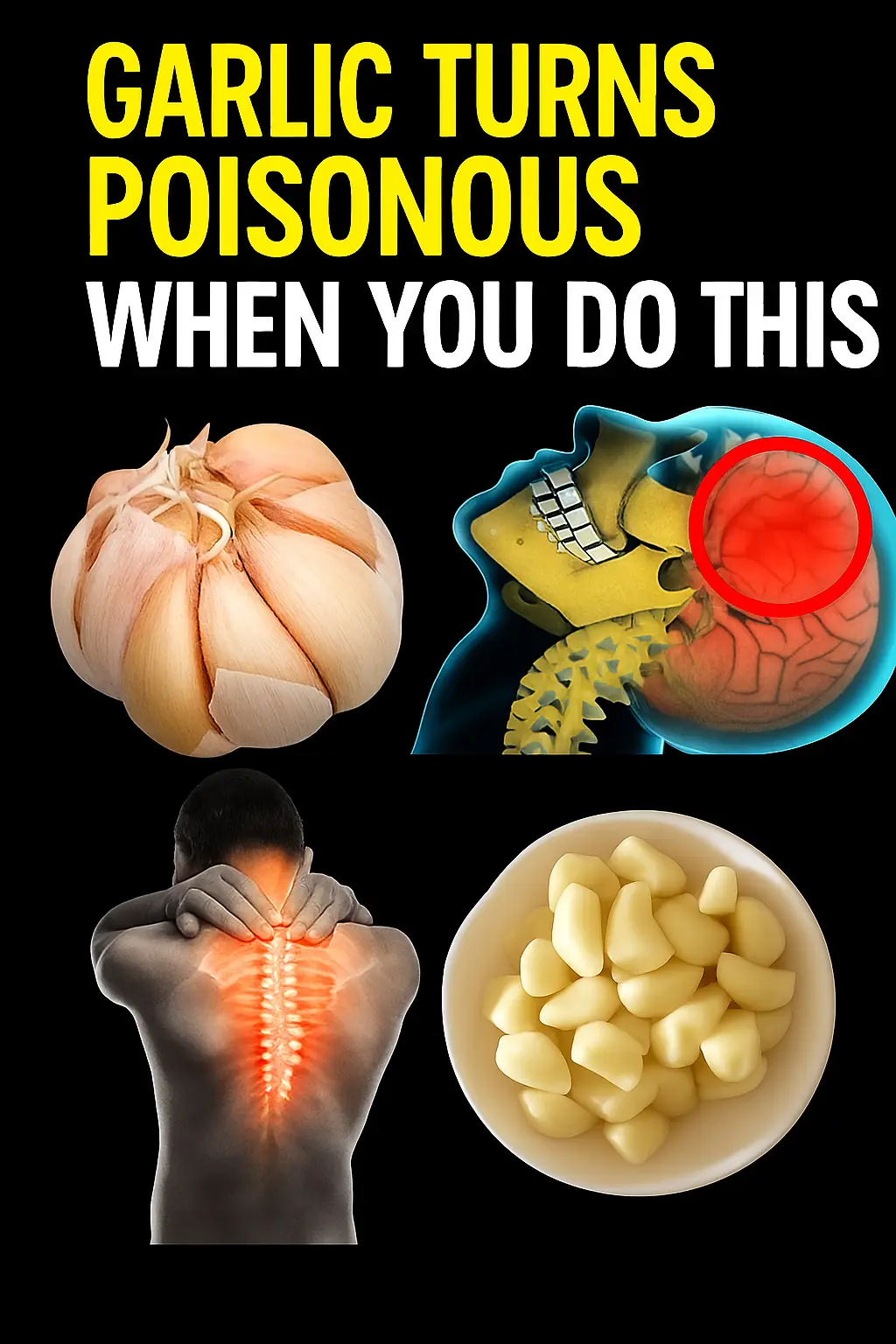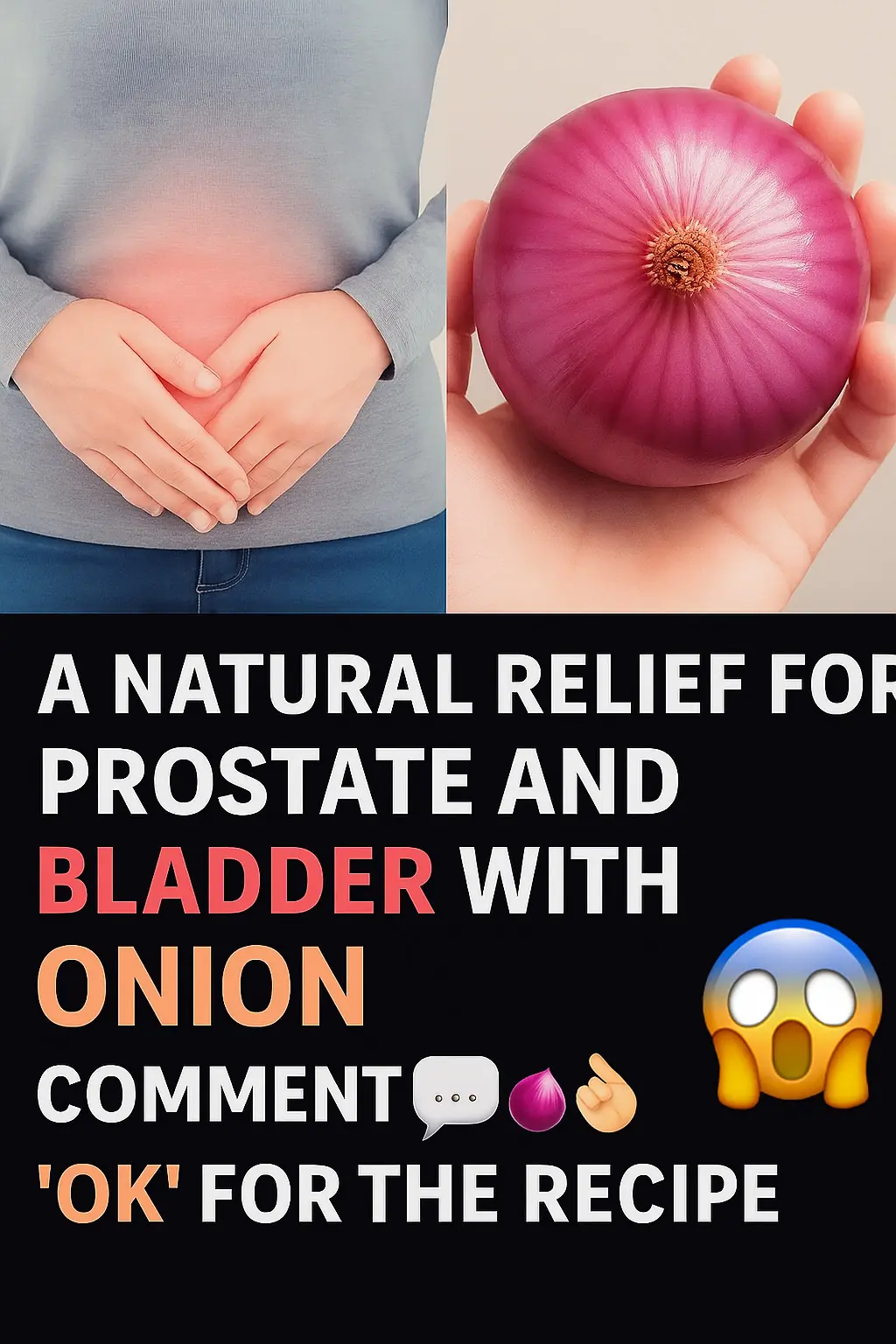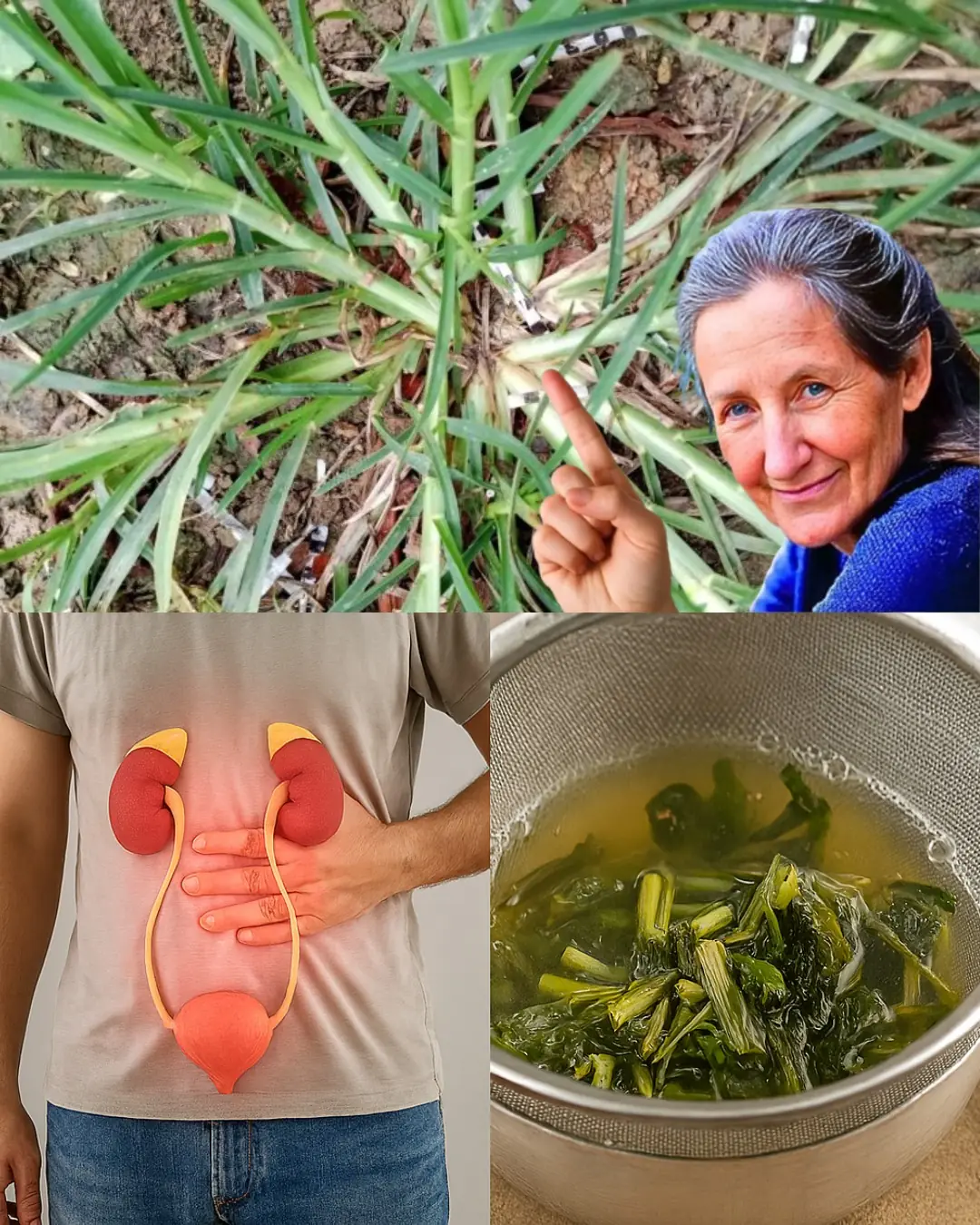
Avoid Garlic! 8 Health Problems That Can Get Worse

Garlic is known for its many health benefits, but in certain situations, consuming it can actually be counterproductive. While it's a powerful antioxidant and a strong ally to the immune system, there are cases where garlic may do more harm than good. In this article, we’ll explore eight health conditions where it’s advisable to avoid garlic. If you're concerned about these issues, keep reading to learn more.
Before including garlic in your diet, it’s crucial to understand the possible implications for your health. Let’s take a closer look at each condition where garlic may not be the best choice for you.
1. Digestive Problems
Garlic can irritate the digestive system in some individuals, especially those suffering from irritable bowel syndrome (IBS) or gastritis. Its sulfur compounds can cause bloating, gas, and stomach discomfort. If you struggle with these issues, it's best to leave garlic out of your meals.
2. Allergies and Sensitivity
Some people are allergic to garlic, which can cause adverse reactions like skin rashes, itching, or swelling. If you’ve experienced allergic symptoms after eating garlic, it’s wise to consult a doctor and eliminate it from your diet.
3. Blood Clotting Issues
Garlic has natural blood-thinning properties, which can interfere with clotting. This can be dangerous if you have bleeding disorders or take anticoagulant medications. In such cases, avoiding garlic is recommended, and you should talk to your doctor.
In extreme cases, garlic may interact with certain medications and worsen pre-existing health problems. Always communicate with your healthcare provider about what you eat.
4. Kidney Problems
Those with kidney issues should be cautious with garlic. Its high potassium content and active compounds may affect kidney function negatively. If you have kidney disease, speak with your doctor before adding garlic to your meals.
5. Low Blood Pressure (Hypotension)
Garlic can lower blood pressure, which is helpful for many people—but not for those who already have hypotension. It could cause dizziness or fainting by dropping your pressure too low. In this situation, garlic is better avoided.
6. Gastroesophageal Disorders
Conditions like acid reflux or GERD can worsen with garlic intake. This ingredient often triggers heartburn and intensifies chest-burning symptoms. If you deal with reflux, consider cutting garlic from your diet.
7. Autoimmune Diseases
In some cases, garlic can suppress the immune system. For individuals with autoimmune diseases, it’s essential to ensure that dietary choices and supplements don’t compromise their health. Consulting with a healthcare provider about garlic intake is highly recommended.
8. Neurological Disorders
Preliminary studies suggest that garlic might have negative effects on brain health in certain situations. People with neurological conditions should be especially cautious. If you have a family history of autoimmune or neurological disorders, reconsider consuming garlic.
Conclusion
Garlic is a nutrient-rich food with many advantages, but it's not a one-size-fits-all solution. Everyone’s body reacts differently, and some people may experience harmful effects, especially if they suffer from the health problems listed above. Before incorporating garlic into your diet, carefully consider your overall health and consult with a healthcare professional if you’re unsure.
Remember, there are always tasty and healthy alternatives. Fresh herbs or spices that don’t pose a risk to your health can be excellent options. Listening to your body and seeking medical advice are key steps toward achieving balance in your nutrition.
News in the same category


Unbelievable! 🤩 The Varicose Vein Killer – Top 5 Red Onion Remedies That Erase Varicose Veins Like an Eraser! 🧅✨

Boil Melon Seeds, Add Yellow Lemon – Drink the Liquid and Thank Yourself Later! 🍈🍋

Rediscover Mobility with Lemon and Carrot Remedy

Say Goodbye to Swollen Legs, Ankles, and Feet with Parsley Tea!

Refresh Your Vision: A Daily Cucumber Elixir for Enhanced Eyesight

The Benefits of Boiling Onion in Milk: An Unmatched Natural Remedy

The Seed That Emptied Hospitals: A Powerful Natural Remedy for Cancer, Diabetes, High Blood Pressure, and Poor Circulation

The Benefits of Milk Thistle: Natural Medicine and Liver Health

Take Care of Your Prostate and Bladder with Natural Remedies: Onion as Your Ally

Benefits of Castor Leaves: A Natural Treasure for Health

Discover the Secret to Naturally Banishing Skin Tags with Lemon & Ginger

Broadleaf Plantain Unveiled: 30 Astonishing Benefits of Nature’s Hidden Healer

Glow Like Never Before: The Lemon & Charcoal Skincare Secret That Will Transform Your Skin

Sida Acuta: The Hidden Miracle Herb You Need to Know About

Unveiling the Secrets of Sida Acuta: The Hidden Powerhouse of Nature

Ignite Your Energy: The Ultimate Coconut Water, Garlic, Ginger & Honey Elixir for Peak Performance

Discover the Secret Power of Papaya Seeds: 10 Health Benefits You’ll Wish You Knew Sooner

Unlock the Secret Power of Goosegrass: Your Kidneys’ New Best Friend
News Post

🧬 A Giant Leap in Dinosaur Science: Preserved T. rex Cells Discovered! 🦖✨

💕😋 Passionfruit Drip Mini Cheesecakes 😋💕

💕😋 Luscious Blueberry Lemon Cookie Bars with White Chocolate Drizzle 😋💕

Garlic Lemon Drink: The Natural Remedy for a Healthier You!

Unbelievable! 🤩 The Varicose Vein Killer – Top 5 Red Onion Remedies That Erase Varicose Veins Like an Eraser! 🧅✨

Boil Melon Seeds, Add Yellow Lemon – Drink the Liquid and Thank Yourself Later! 🍈🍋

Rediscover Mobility with Lemon and Carrot Remedy

Say Goodbye to Swollen Legs, Ankles, and Feet with Parsley Tea!

💕😋 Pecan Cream Pound Cake with Cream Cheese Frosting 😋💕

Refresh Your Vision: A Daily Cucumber Elixir for Enhanced Eyesight

💕😋 Biscoff Traybake Recipe 💕😋

Doctor’s Warning: Early-Stage Lung Cancer Doesn’t Always Come with a Cough – Watch Out for These 4 Unusual Symptoms

💕😋 Yellow Chocolate Velvet Cake 😋💕

💕😋 Velvety Coffee Caramel Cheesecake 😋💕

The Benefits of Boiling Onion in Milk: An Unmatched Natural Remedy

💕😋 Velvety Tiramisu Cheesecake Delight 😋💕

The Seed That Emptied Hospitals: A Powerful Natural Remedy for Cancer, Diabetes, High Blood Pressure, and Poor Circulation

The Benefits of Milk Thistle: Natural Medicine and Liver Health

🍋🍒 Zesty Lemon Lime Cherry Pistachio Cheesecake 🌰🍰
